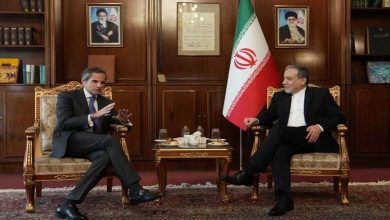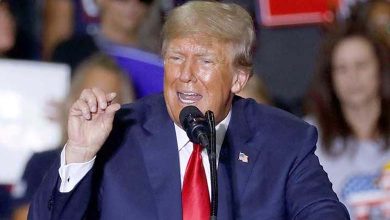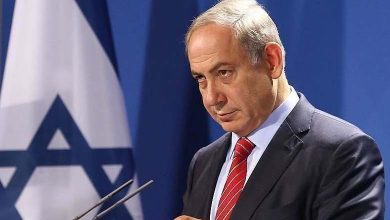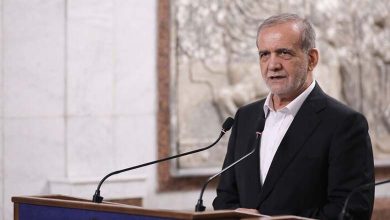Washington and Ankara discuss improving relations after years of tension
The most challenging discussions are likely to revolve around future dealings with Syria and Ankara's strong economic ties with Russia
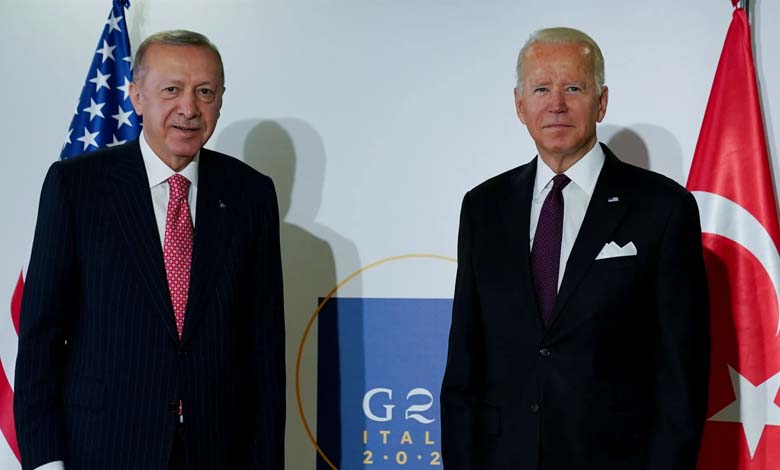
The United States and Turkey are holding comprehensive talks today, Thursday, to discuss whether the two NATO members can overcome deep-rooted disputes on issues such as Syria and Ankara’s close relations with Russia.
Senior US and Turkish officials are scheduled to meet at the US State Department for several rounds of talks focusing on topics including Syria, the Russian invasion of Ukraine, defense cooperation, energy, counterterrorism, and the Israel-Hamas conflict.
These talks, dubbed the “strategic mechanism,” are a precursor to a meeting scheduled for tomorrow, Friday, between US Secretary of State Antony Blinken and his Turkish counterpart Hakan Fidan.
Relations between the United States and Turkey have experienced a cooling-off period in recent years, oscillating between tension and attraction as the strategic partnership has deteriorated due to growing divergences between the long-time allies.
Turkey’s purchase of the Russian S-400 missile defense system in 2019 led to US sanctions against Ankara and its exclusion from the F-35 stealth fighter jet program. Meanwhile, Turkey has expressed strong discontent over US support for Kurdish groups in northern Syria, which it views as an extension of the Kurdistan Workers’ Party, an armed group deemed a terrorist organization.
The United States has also been frustrated by Turkey’s 20-month delay in approving Sweden’s NATO membership, signed in January. Subsequently, the US Congress approved the sale of F-16 fighter jets to Turkey worth $20 billion, a goal the Turkish government had long pursued.
Since then, US officials have begun speaking of both sides’ desire to deepen talks in areas where they can cooperate.
A senior US official about the upcoming talks said, “This is likely to be the most vital and positive strategic mechanism we have conducted in years.”
In late January, US senators Jeanne Shaheen and Chris Murphy, members of President Joe Biden‘s Democratic Party, visited Turkey and met with Turkish President Recep Tayyip Erdogan. Murphy later said there is now “great momentum” in bilateral relations.
In an interview with Reuters, Shaheen described their visit as “extremely positive in terms of the potential to reset US-Turkish relations in the future.”
However, there is no expectation that the two-day visit will resolve all long-standing tensions between the allies, and some tough discussions are expected.
The most challenging discussions are likely to revolve around future dealings with Syria and Ankara’s strong economic ties with Russia, which Washington says have aided the Kremlin in circumventing some US sanctions against Moscow.
Ankara opposes Western sanctions against Moscow, even as it criticizes the Russian invasion of Ukraine. It has managed to maintain close relations with both Moscow and Kiev throughout the conflict.
Senior US officials have repeatedly traveled to Turkey to warn Turkish companies of the danger of violating US sanctions. Regarding Syria, any progress seems out of reach after years of disagreements. Washington’s policy in Syria focuses on fighting the remnants of the Islamic State, training partner forces, including the Syrian Democratic Forces, whose Kurdish fighters are the backbone, and Ankara considers these Kurdish groups, both politically and militarily, as an extension of the PKK, which has fought the Turkish state for decades. Ankara wants the United States to cease its support for armed Kurdish groups.
US Ambassador to Turkey Jeff Flake told Reuters, “It is clear that we see things differently on some aspects, but our interests converge when it comes to defeating the Islamic State… We are trying to build on the files where we have a common interest despite some differences.”


